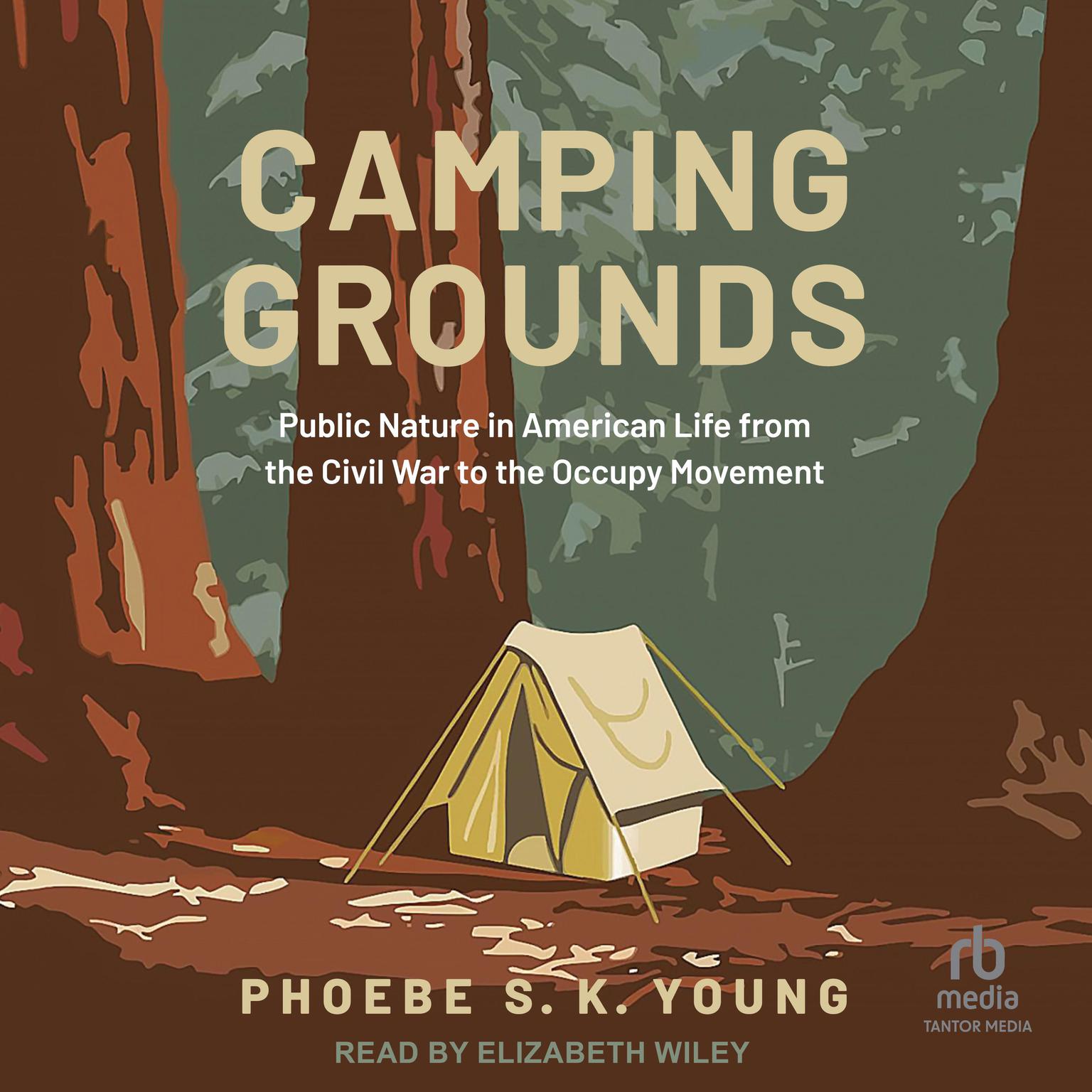 Play Audiobook Sample
Play Audiobook Sample
Camping Grounds: Public Nature in American Life from the Civil War to the Occupy Movement Audiobook
 Play Audiobook Sample
Play Audiobook Sample
Quick Stats About this Audiobook
Total Audiobook Chapters:
Longest Chapter Length:
Shortest Chapter Length:
Average Chapter Length:
Audiobooks by this Author:
Publisher Description
Camping appears to be a simple proposition, a time-honored way of getting away from it all. This book reveals that, for all its appeal, the simplicity of camping is deceptive, its history and meanings far from obvious.
Why do some Americans find pleasure in sleeping outside, particularly when so many others, past and present, have had to do so for reasons other than recreation? Never only a vacation choice, camping has been something people do out of dire necessity and as a tactic of political protest. Yet the dominant interpretation of camping as a modern recreational ideal has obscured the connections to these other roles.
Camping Grounds rediscovers unexpected and interwoven histories of sleeping outside. It uses extensive research to trace surprising links between veterans, tramps, John Muir, African American freedpeople, Indian communities, and early leisure campers in the nineteenth century; tin-can tourists, federal campground designers, Depression-era transients, family campers, backpacking enthusiasts, and political activists in the twentieth century; and the crisis of the unsheltered and the tent-based Occupy Movement in the twenty-first. These entwined stories show how Americans camp to claim a place in the American republic and why the outdoors is critical to how we relate to nature, the nation, and each other.
Download and start listening now!
Camping Grounds Listener Reviews
Be the first to write a review about this audiobook!
About Elizabeth Wiley
Elizabeth Wiley, an Earphones Award–winning narrator, is a seasoned actor, dialect coach, and theater professor. In addition to her growing portfolio of audiobooks, her voice can be heard in The Idea of America, Colonial Williamsburg’s virtual learning curriculum; in Paul Meier’s e-textbook Speaking Shakespeare; and modeling US-English on one of the world’s top language-learning products.


